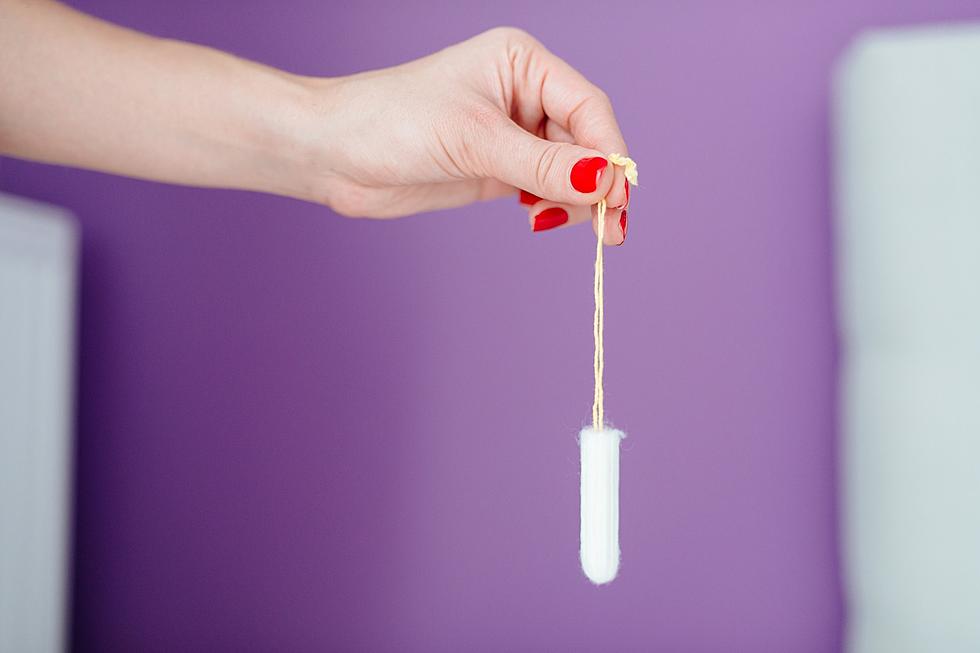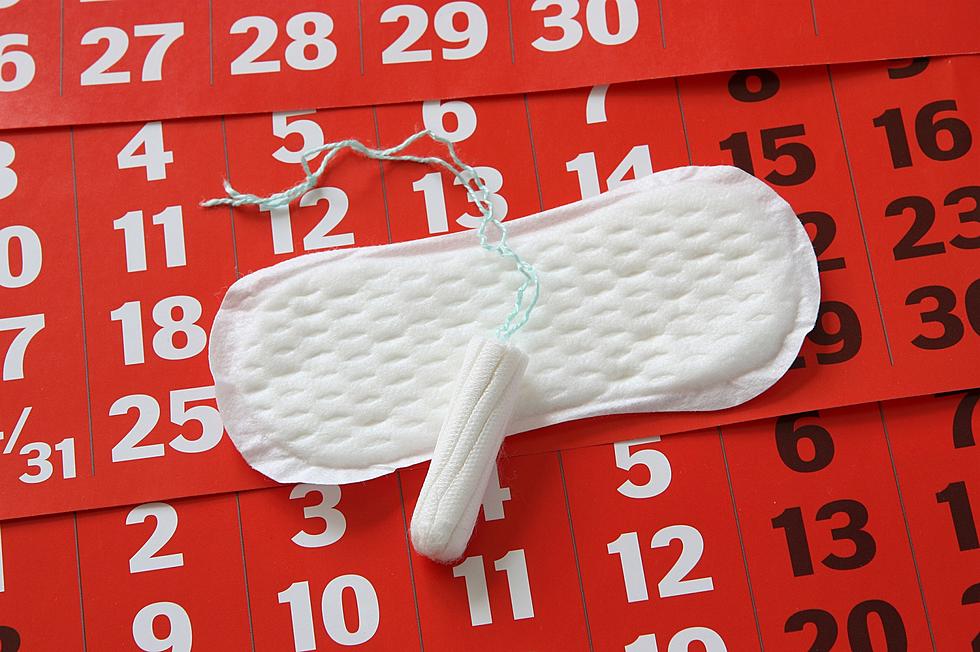
What Is a “Pink Tax” and How Could it be Ending Here in Michigan?
All this time, when it comes to feminine hygiene, it's always felt like it's been treated as a "luxury" instead of the necessity that it is. That's why this recent legislation to have Michigan join 14 other states in eliminating the "pink tax" is important.
"Pink Tax" in Michigan
So, what is the "pink tax"? Well, basically, it is when menstrual products or general hygiene products marketed toward women (think tampons, pink razors, etc.) are taxed as non-essential items. It is also commonly referred to as the "tampon tax."
I've experienced this before where I can get a higher-quality razor, for less money, by buying one "for men." It works the same, if not better, and the main difference is it is not pink...a literal example of the "pink tax."

The problem with this, is that for women who do menstruate, these products are in fact essential. Currently, these items essential to women's health are taxed at six percent, according to the Western Herald, who also reports this tax costs women in Michigan a total of $6.9 million.
Governor Whitmer actually addressed this issue as Western Herald reported in April of 2021 that working towards removing of the "pink tax" was part of Michigan's 2022 fiscal year budget plan.
Michigan Legislation Trying
What it really comes down to is Democrats and Republicans coming together over the issue to move it through the whole bureaucratic process, which FOX 47 reports could finally be happening soon.
Key word there, finally.
According to Western Hearald, there have actually been 15 other pieces of legislation introduced in the Michigan House and Senate since 2016, that have not been met with much luck.
This time might be different, though as FOX 47 says there is bipartisan support to push this bill through to eliminate the six-percent tax. Next steps are just to push it through a committee and then the house floor.
A vote is expected this week so fingers crossed!
At the end of the day, feminine hygiene products are a matter of women's health and should be treated as such.
LOOK: What major laws were passed the year you were born?
LOOK: Milestones in women's history from the year you were born
More From 100.7 WITL









